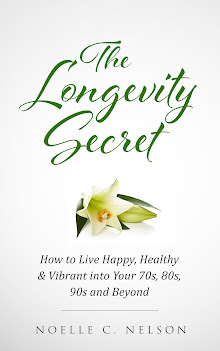As a peace-loving Libra, I’m always looking for ways to
minimize conflict, ways for us to get along better, regardless of our
differences.
So I was quite taken with a post a friend forwarded to me:
“Explain your anger, don’t express it, and you will immediately open the door
to solutions instead of arguments” (author unknown). Sounds nifty, doesn’t it?
Defending or Explaining? But here’s the thing: most of us think we’re explaining our
anger/upset, when what we’re really doing is defending it. For example, you’re
upset your S.O. blew a chunk of your mutual savings on a new computer. In
response to their “Why are you so upset? You know I needed it,” you explain, “Well
I need a vacation/new car/fill-in-the-blank, and now we can’t afford one.”
There. You’ve explained your anger.
No, you haven’t. You’ve justified it. Which doesn’t lead to
any solution. Since problem solving really is the name of the game in
relationships - platonic, romantic, or with co-workers – this kind of
“explanation” doesn’t fly. You’re still upset and nothing’s been resolved.
Make Your Explanation Genuine. A genuine explanation might run along the lines of: “We have
a limited amount of savings. I’m uncomfortable with your making decisions on
how to spend that without us having a conversation beforehand. So we can agree
on what gets spent where. I’m upset because I feel left out or that what I want
isn’t important. I’m upset because it feels like we’re not working together, as
a couple, on couple things. I’m not upset about your buying the computer, but
with how you went about it. I would appreciate an opportunity for us to agree
on some way we could talk about these things ahead of time. That would make me
very happy.”
Yes, this sort of explanation takes more time, thought and
effort. Yes, it may seem overwrought and sometimes unnecessary. But shortcuts
aren’t always the road to happy endings, and what you want in your life, are
happy endings. To everything! Or perhaps, better stated, resolutions that are
satisfying to all concerned.
Be willing to go for your genuine, in-depth, authentic
explanation of upsets. Your relationships will benefit greatly, and you will
enjoy a whole new dimension of peace.






